SUSTAINABILITY
For Alcantara, committing to sustainability is not a side issue, but rather a key requirement.
For Alcantara, committing to sustainability is a core value, integrated into every aspect of the company’s identity and activities. For a number of years, the company has adopted a development model that promotes a balance between the economic, social and environmental dimensions of the business. Sustainability has been established as a guiding principle and shared culture that encompasses the entire organisation, supported by a systemic, transparent approach which is focused on generating a concrete and lasting impact. Every choice we make is underpinned by a concrete sense of responsibility towards the future. Alcantara’s commitment is based on a number of key pillars: carbon neutrality, the adoption of circular economy practices and the use of recycled materials and responsible sourcing. These are complemented by a constant focus on technological innovation and sustainable production processes, in line with the latest European and international regulations. Alcantara was the first Italian company and among the first worldwide in the industrial sector to obtain, in 2009, the Carbon Neutrality certification from TÜV SÜD, an authoritative independent international certification body. Since then, this commitment has been maintained and reinforced through a rigorous strategy of measuring, reducing and offsetting CO₂ emissions through the acquisition of carbon credits from certified and verified offsetting projects. However, the company is aware that emissions offsetting is not the ultimate solution, and as such, Alcantara recognises the value of carbon credits as a useful tool to accelerate the fight against climate change and contribute to the reduction of global emissions, even beyond its own value chain. Download the ‘Carbon Neutrality Claim’ The Carbon Neutrality Report can be provided on request. Contact us. Alcantara integrates the principles of the circular economy at every stage of the production cycle, with a view to reducing environmental impact and promoting a more efficient use of resources. A special version of Alcantara® made from 68% certified post-consumer recycled polyester is already available. The company is also committed to further increasing the use of recycled materials, without compromising on performance, quality or aesthetics. Additionally, Alcantara has launched a series of advanced research projects on end-of-life recycling of the material, collaborating with innovative start-ups to develop technologies capable of fully recovering the polyester component. An initial pilot project was rolled out on the occasion of the ‘Seed Bed’ installation by Studio Ossidiana, part of the MAXXI BioGrounds exhibition in Venice: the material used was regenerated, confirming the possibility of fully recovering the polyester component of the material at the end of its life. Alcantara promotes responsible sourcing, working with its supply chain since 2007 to spread a culture of sustainability and ensure respect for human rights, environmental, ethical and labour standards. The company requires suppliers to comply with strict environmental and social criteria, supported by on-site audits and risk assessments; they are also required to sign the Code of Ethics and adhere to the principles of the SA8000® standard. Measures aimed at improving energy efficiency, reducing emissions and promoting the use of recycled or low-impact materials are also encouraged. Over time, Alcantara has expanded its supply chain monitoring to include new suppliers in the calculation and offsetting of CO₂ emissions, thus contributing to an increasingly sustainable and transparent supply chain. Alcantara has increasingly dedicated its efforts to achieving its sustainability goals, and this includes drafting a sustainability report every year since 2009. Alcantara has achieved the key international environmental and product certifications, as a result of its rigorous processes and independent audits. These certifications confirm the company’s commitment to quality, sustainability and transparency, reinforcing stakeholder trust and supporting alignment with evolving regulations. UNI EN ISO 14001
Discover the interactive map of Alcantara’s environmental compensation projects.Alcantara’s commitment to sustainability
Fundamental pillars
Carbon neutral since 2009
Download the ‘Opinion Carbon Neutrality’ document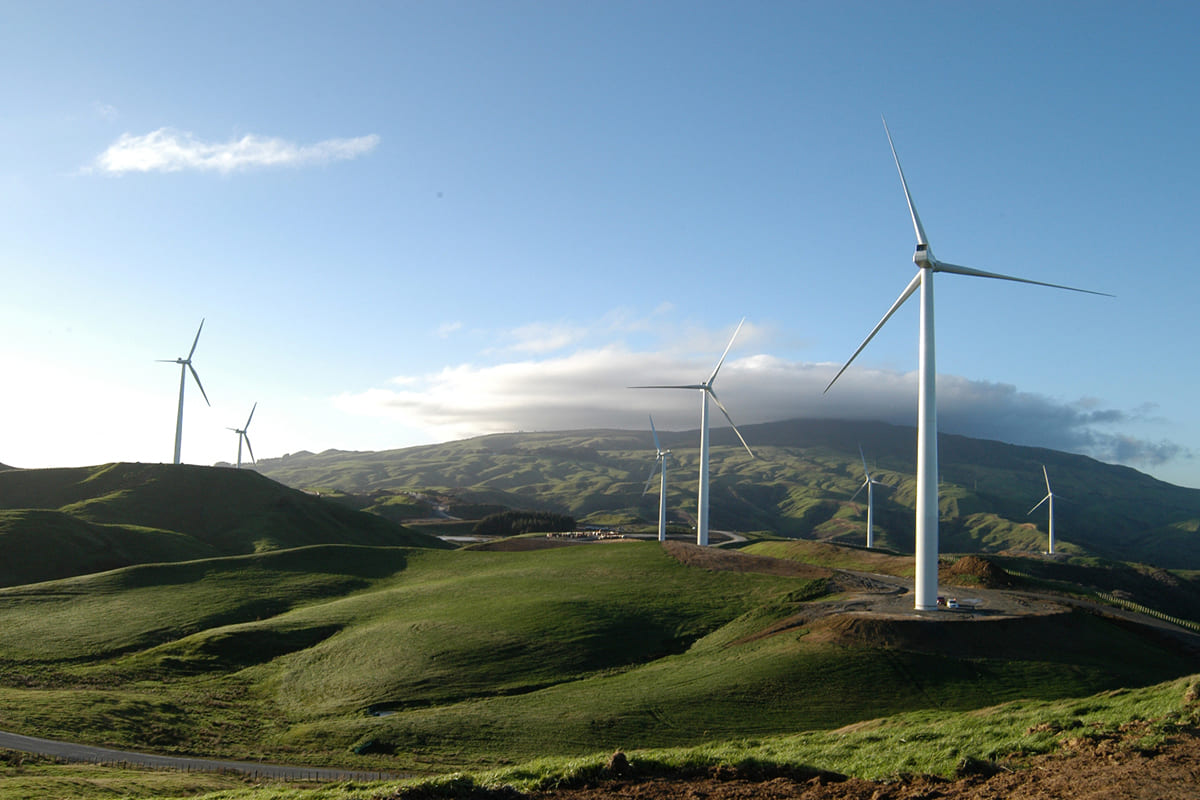
Raw materials, recycled components and the circular economy
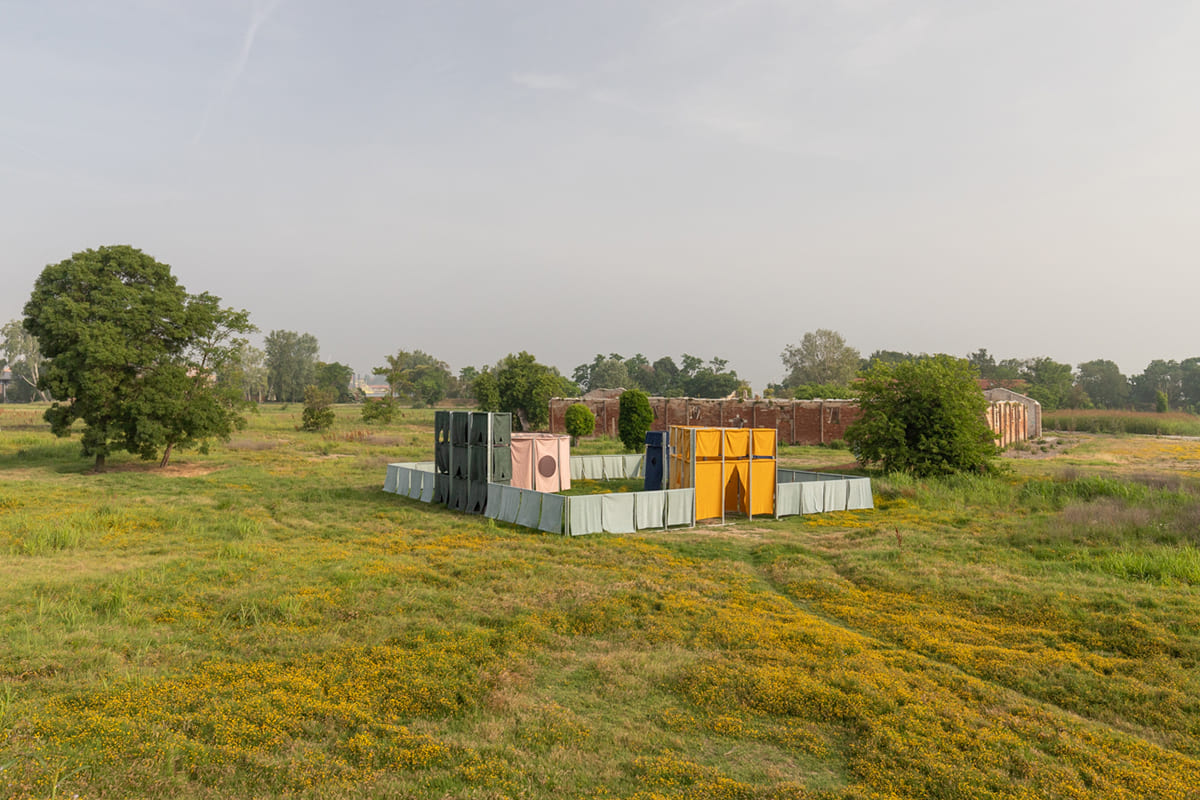
Responsible sourcing
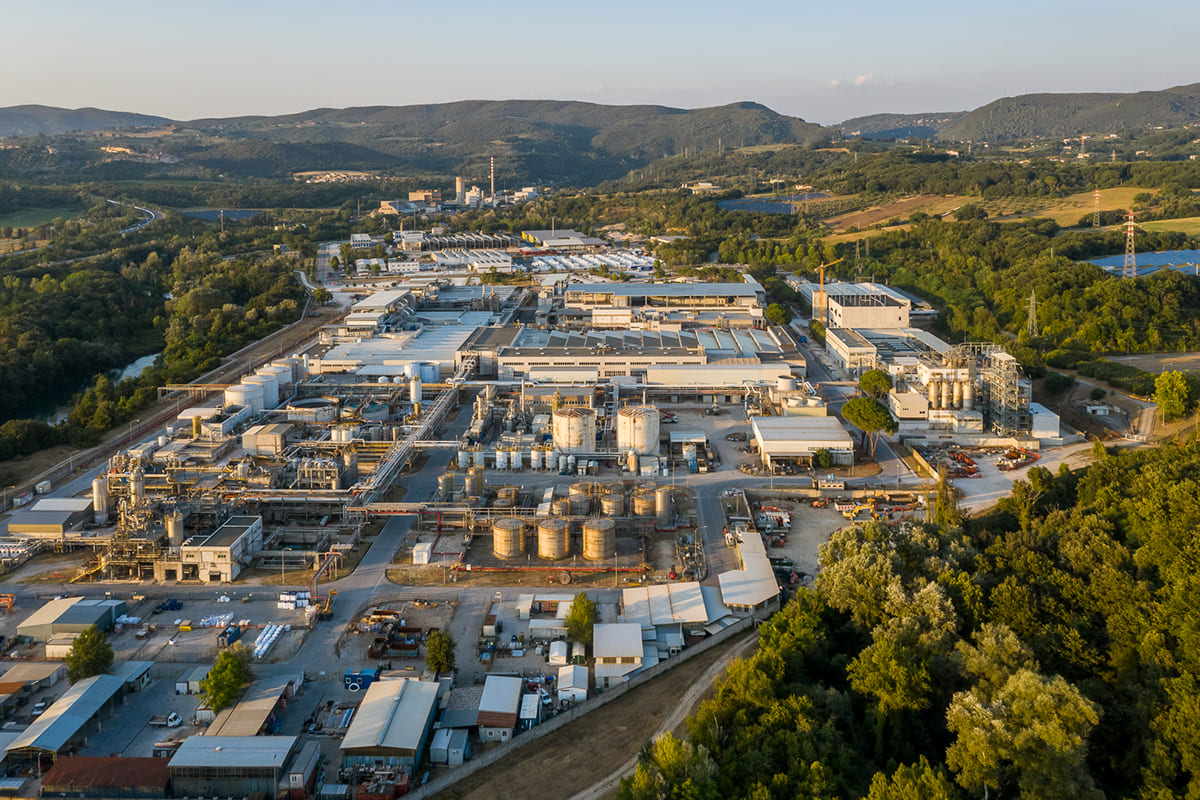
2025
Sustainability Report
An act of transparency that encompasses all the initiatives and actions undertaken by the company in order to protect and safeguard people and the environment.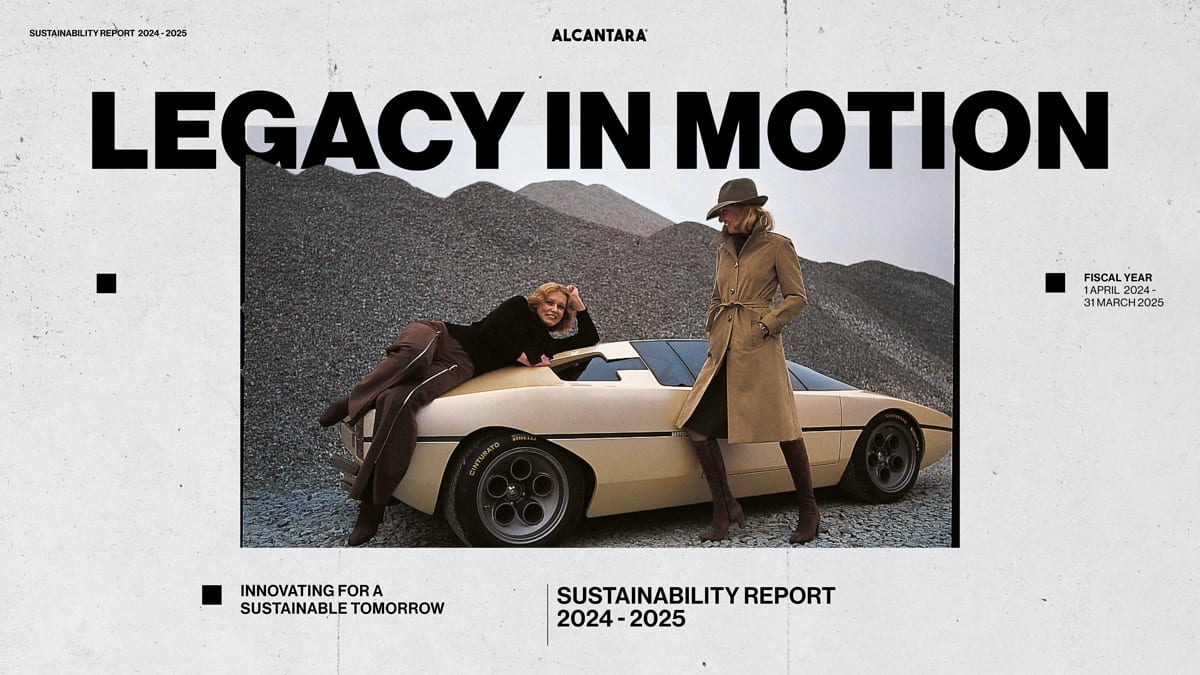
Certifications
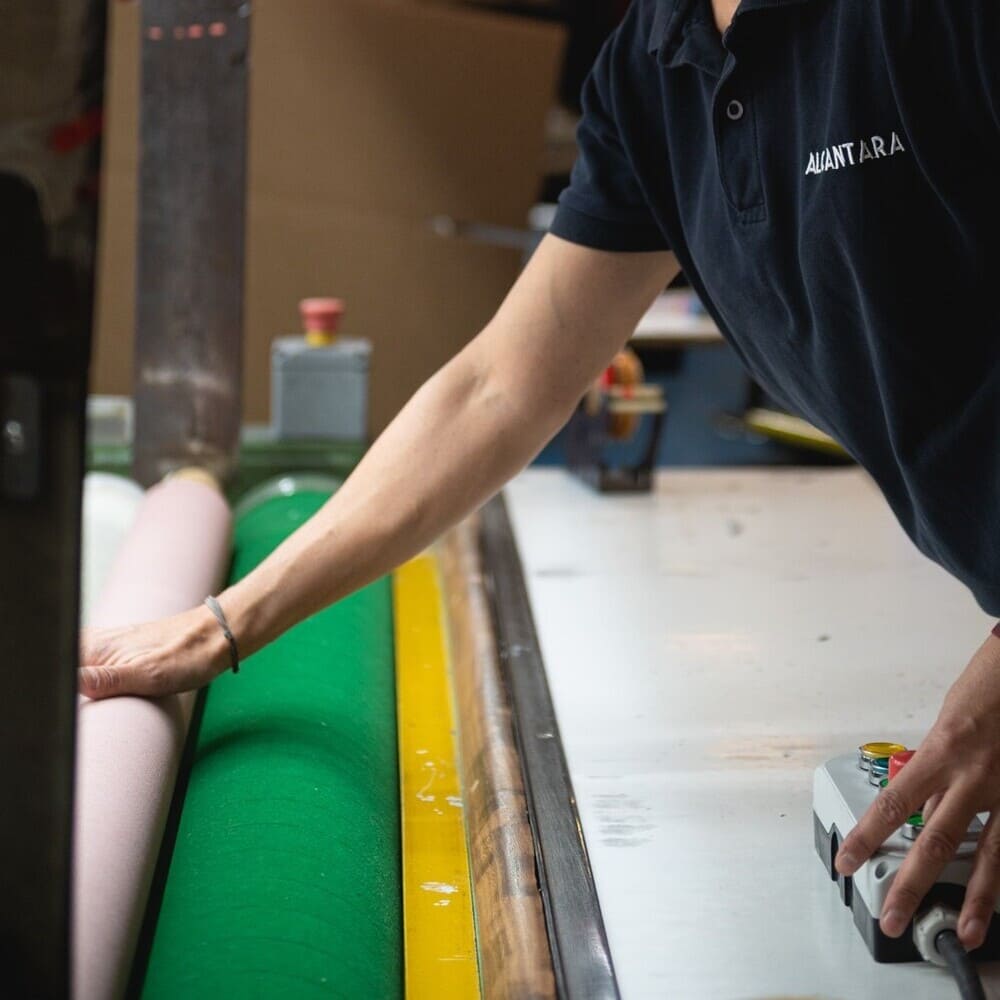
Environmental Certifications
Environmental Management System Certification
Certification of the environmental management system, which attests to the monitoring and continuous improvement of the company’s environmental performance.
Carbon Neutral Certification
Recognition of climate neutrality achieved through CO₂ emission reduction and offsetting.
Energy Certification ISO 50001
Certification of the adoption of an energy management system designed to improve efficiency and reduce energy consumption.
Product Certifications
Oeko-Tex Standard 100
Certifies the absence of harmful substances in textile products, ensuring safety for human health.
Recycled Claim Standard
Certifies the presence and traceability of recycled materials within the product.
Compensation Projects